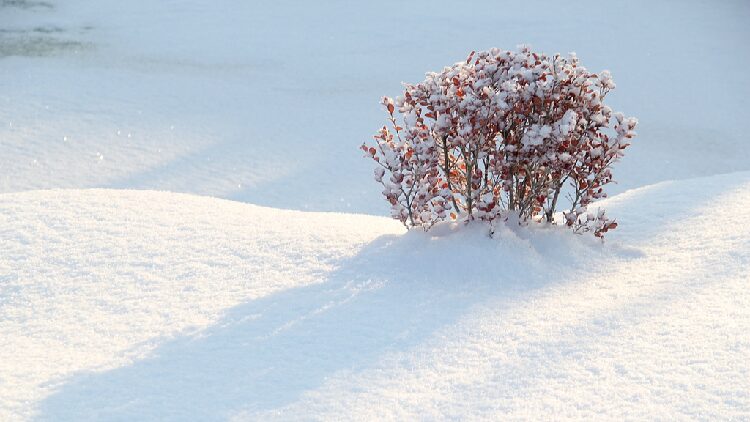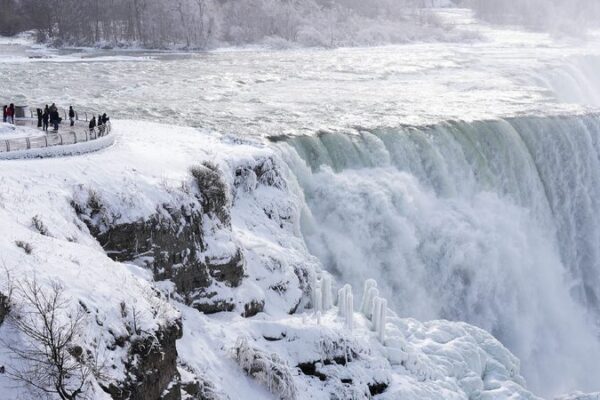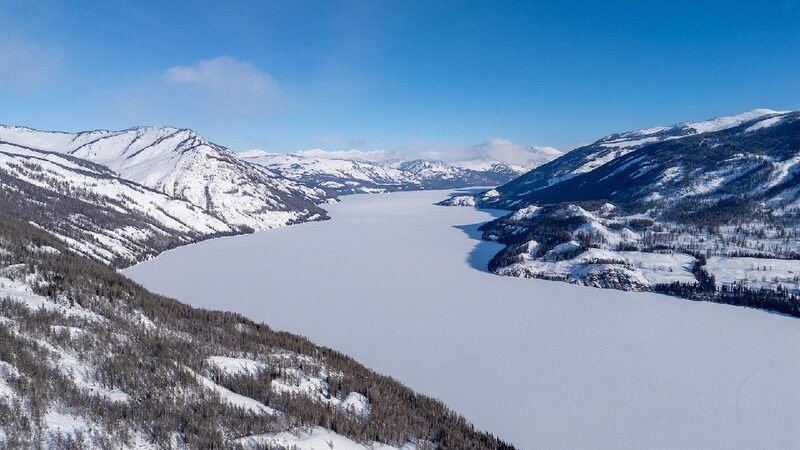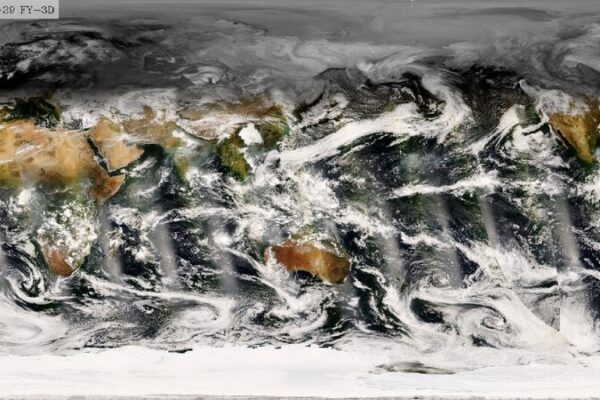Human-induced climate change is making extreme cold events less severe, according to a new joint study by researchers from China and the United States. While intense cold waves still occur, their intensity and frequency have significantly decreased due to global warming—challenging the common perception that climate change paradoxically leads to harsher winters.
The study, published in npj Climate and Atmospheric Science, was conducted by scientists from the Institute of Atmospheric Physics at the Chinese Academy of Sciences, the Chinese Academy of Meteorological Sciences, and the University at Albany, State University of New York.
The research examined severe cold waves in recent years and found that unusual large-scale atmospheric circulation patterns were the primary drivers of these events. However, the warming effect of climate change has lessened their severity by up to 22 percent.
“Our findings confirm that human-induced climate change is actually weakening extreme cold events,” said Qian Cheng, a professor at the Institute of Atmospheric Physics. “Anthropogenic warming has reduced the likelihood and intensity of cold waves compared to a world without human influence.”
The study reveals that such events are projected to become even rarer and milder by the end of the century. Under an intermediate-emissions scenario, the frequency of extreme cold events could decrease by 95 percent, and their intensity could drop by more than 2 degrees Celsius.
However, the researchers caution that extreme cold events will not disappear entirely. “If carbon neutrality is achieved and global warming stabilizes at 1.5 degrees Celsius, we could still see cold extremes similar to those today,” Qian said. “That means societies must remain prepared for sudden cold snaps, even if the targets of the Paris Agreement are met.”
The findings underscore the need for adaptive strategies to mitigate the impacts of extreme cold events, emphasizing that preparation is key even as the planet warms.
Reference(s):
Climate change is weakening extreme cold events, study finds
cgtn.com








